Summaries of books about Sociology:
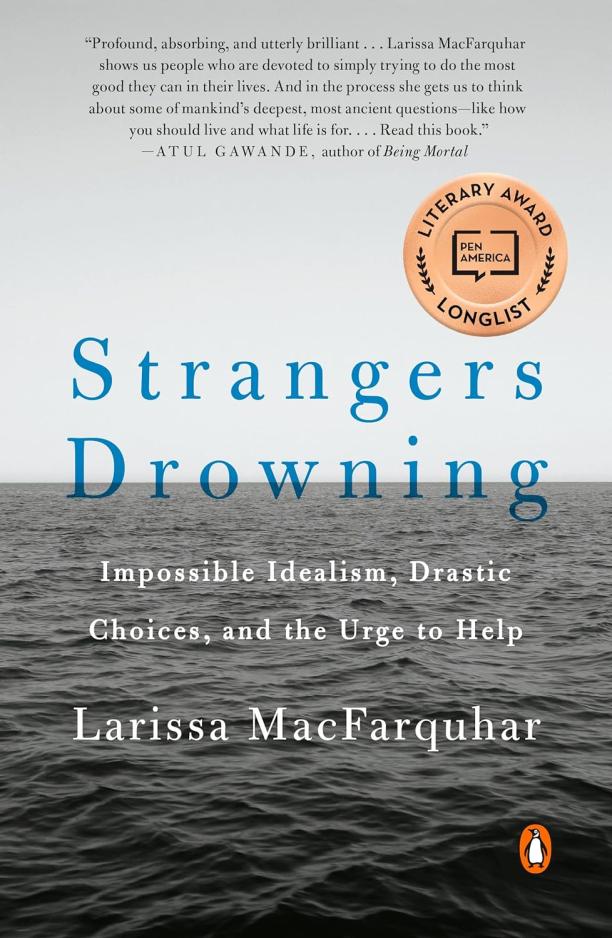
Strangers Drowning
Impossible Idealism, Drastic Choices, and the Urge to Help
Larissa MacFarquhar
The book delves into the lives of individuals who are deeply committed to altruism, often making extreme personal sacrifices to help others. It explores the moral complexities and psychological drives behind their choices, questioning the limits of empathy and the nature of do-gooderism.
See full summary
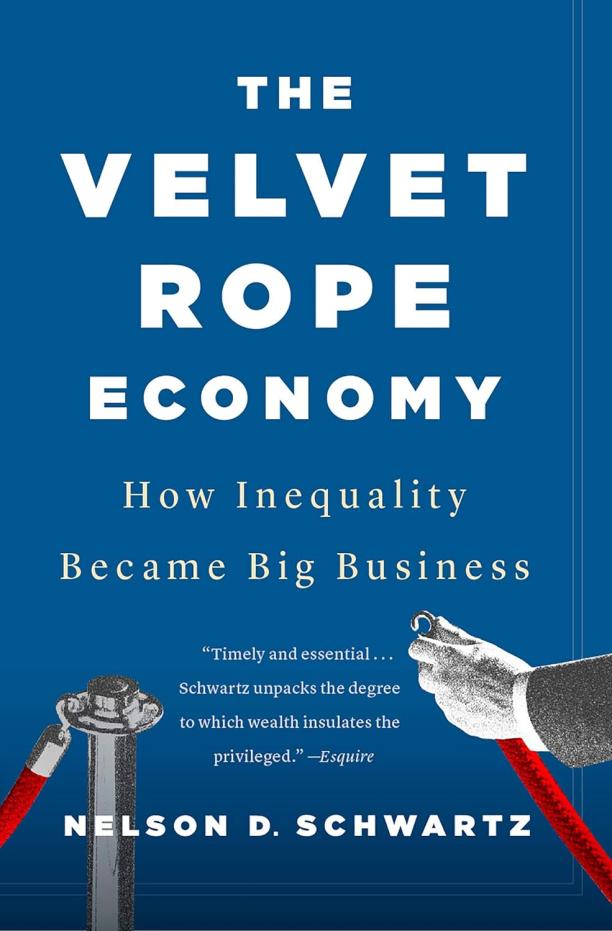
The Velvet Rope Economy
How Inequality Became Big Business
Nelson D. Schwartz
The book examines how services and experiences in America have become increasingly segregated by economic class, with the wealthy enjoying unprecedented levels of luxury and personalized service. It explores the impact of this division on various sectors, including travel, education, healthcare, and entertainment, highlighting the growing divide between the haves and have-nots.
See full summary
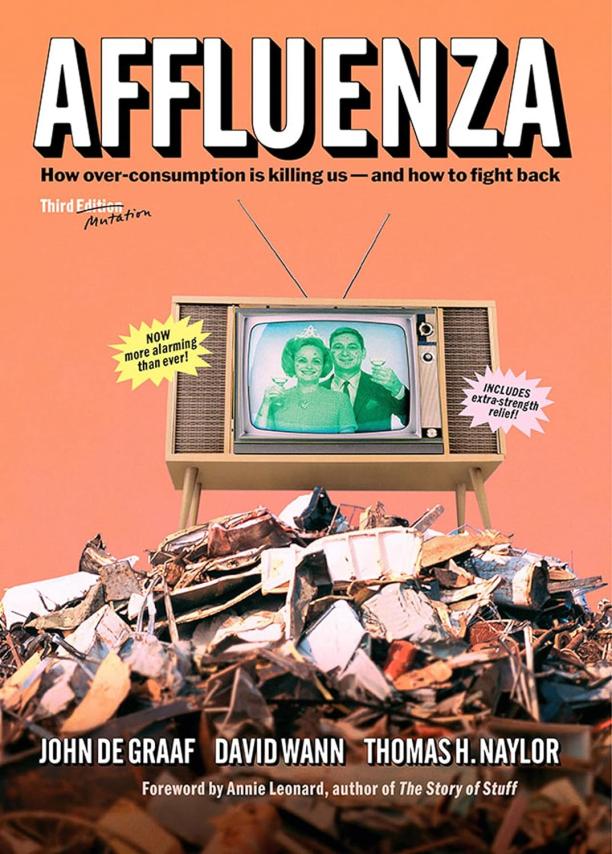
Affluenza
How Overconsumption Is Killing Us—and How to Fight Back
John de Graaf|David Wann|Thomas H. Naylor
The book diagnoses a societal condition characterized by excessive materialism and rampant overconsumption, which it argues is leading to psychological malaise, environmental degradation, and social fragmentation. It offers a critique of consumer culture and provides strategies for individuals and communities to break free from the cycle of consumption and pursue more fulfilling, sustainable lifestyles.
See full summary
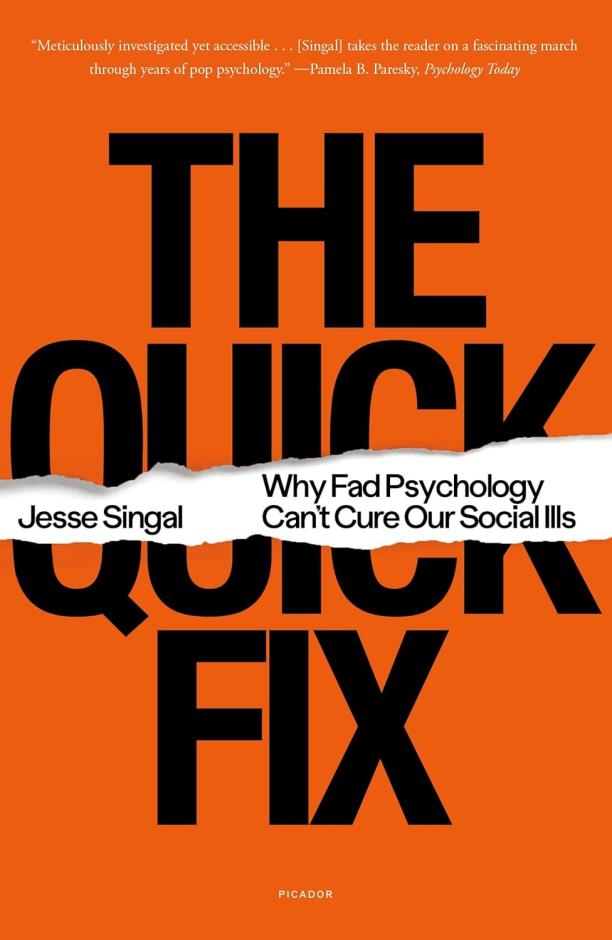
The Quick Fix
Why Fad Psychology Can't Cure Our Social Ills
Jesse Singal
The book critically examines the popularity and impact of various psychological concepts and interventions that have gained mainstream attention, such as power posing and grit. It delves into how these ideas, despite being based on shaky scientific evidence, have been oversold to the public as solutions to complex social and personal issues.
See full summary
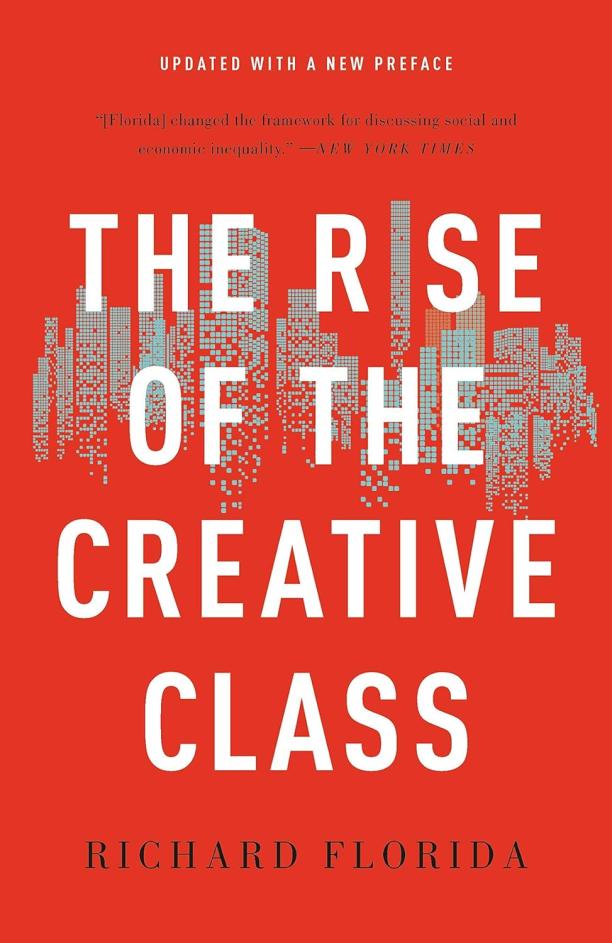
The Rise of the Creative Class
Richard Florida
The book explores the emergence of a new social class driven by creativity and innovation, which is reshaping the economy and culture of cities. It discusses how this class's values, preferences, and lifestyles are influencing urban development, work environments, and community life.
See full summary
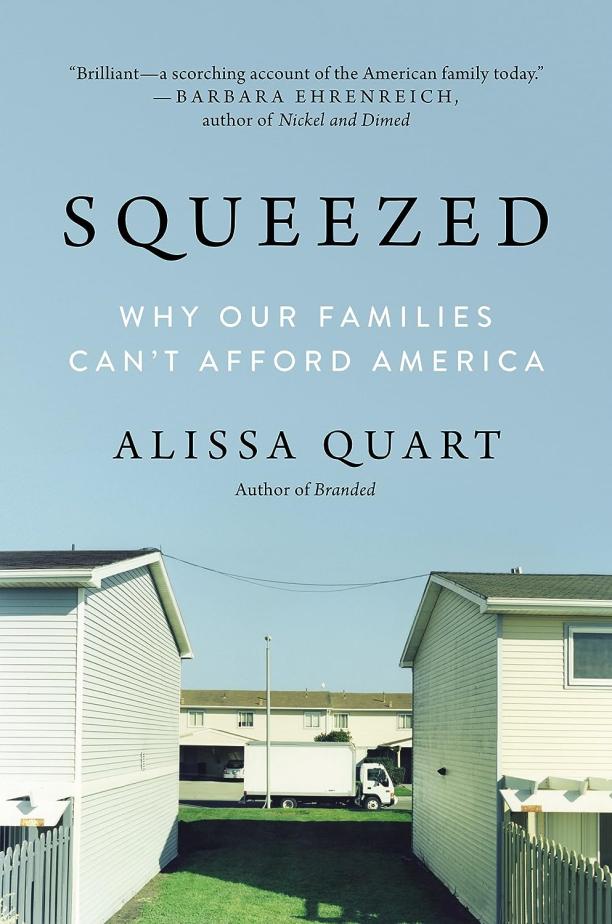
Squeezed
Why Our Families Can't Afford America
Alissa Quart
The book examines the financial struggles of middle-class American families who are grappling with the costs of living, including housing, education, healthcare, and childcare. It explores the systemic issues that lead to economic insecurity and the personal stories of those who are working hard yet still unable to achieve financial stability.
See full summary
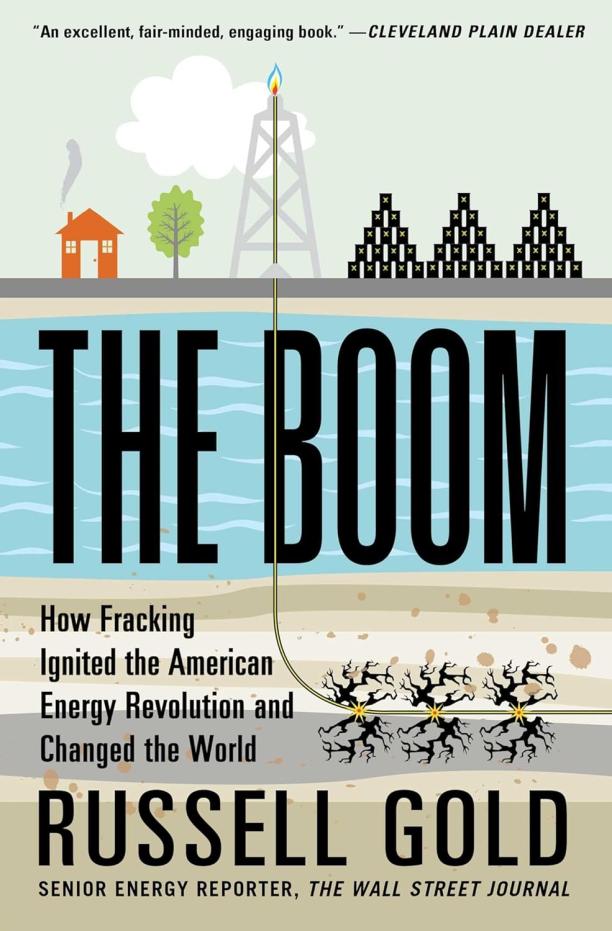
The Boom
How Fracking Ignited the American Energy Revolution and Changed the World
Russell Gold
The book explores the rise of hydraulic fracturing (fracking) in the United States, detailing its technological advancements, economic impacts, and the environmental concerns it raises. It provides a narrative of the energy industry's transformation, profiling key figures and examining how fracking has reshaped global energy politics.
See full summary
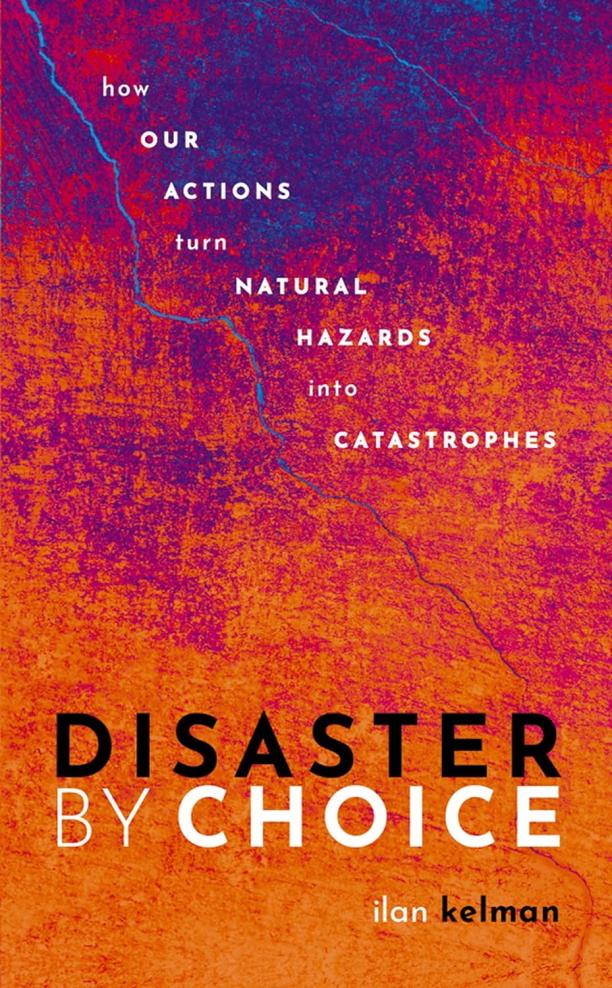
Disaster by Choice
How our actions turn natural hazards into catastrophes
Ilan Kelman
The book explores the concept that disasters are not solely caused by natural events but are often the result of human decisions and actions that exacerbate the impact of natural hazards. It delves into case studies and policy analysis to argue that by changing our approach to development, planning, and response, we can prevent natural hazards from turning into human catastrophes.
See full summary
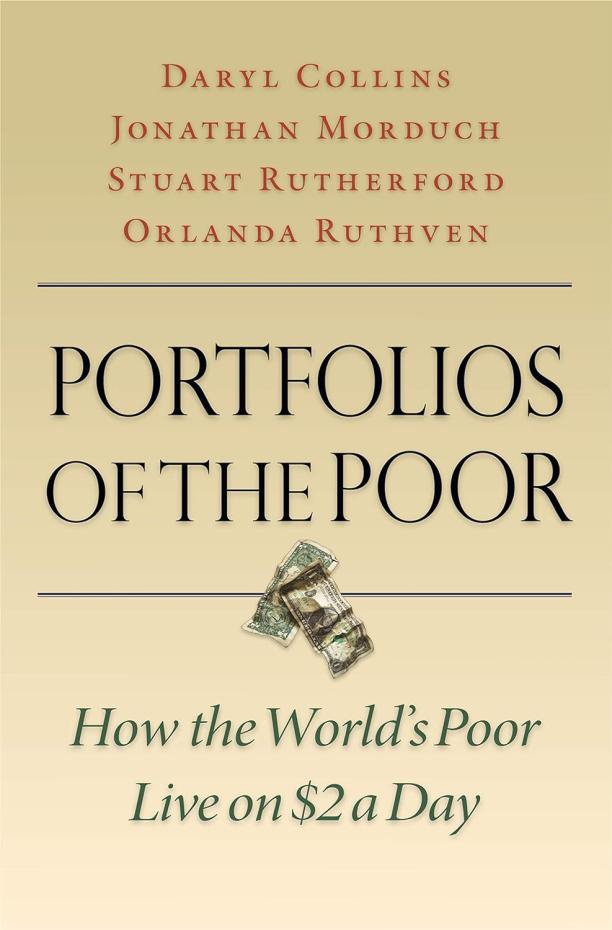
Portfolios of the Poor
How the World's Poor Live on $2 a Day
Daryl Collins|Jonathan Morduch|Stuart Rutherford|Orlanda Ruthven
The book presents an in-depth analysis of the financial practices of impoverished households in Bangladesh, India, and South Africa, based on year-long interviews and financial diaries. It reveals how, despite their limited resources, these families manage their money through a variety of tools and strategies to handle emergencies, plan for the future, and optimize their meager incomes.
See full summary
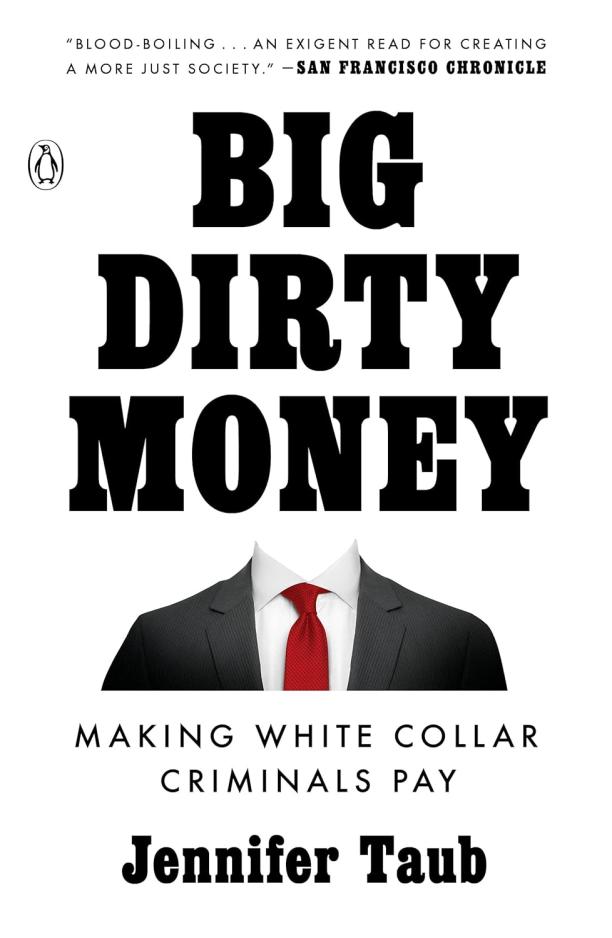
Big Dirty Money
Making White Collar Criminals Pay
Jennifer Taub
The book delves into the world of white-collar crime in America, exposing how the wealthy and powerful often evade justice for financial crimes. It scrutinizes the legal and financial systems that enable such crimes, and advocates for reforms to hold corrupt elites accountable and restore integrity to the rule of law.
See full summary